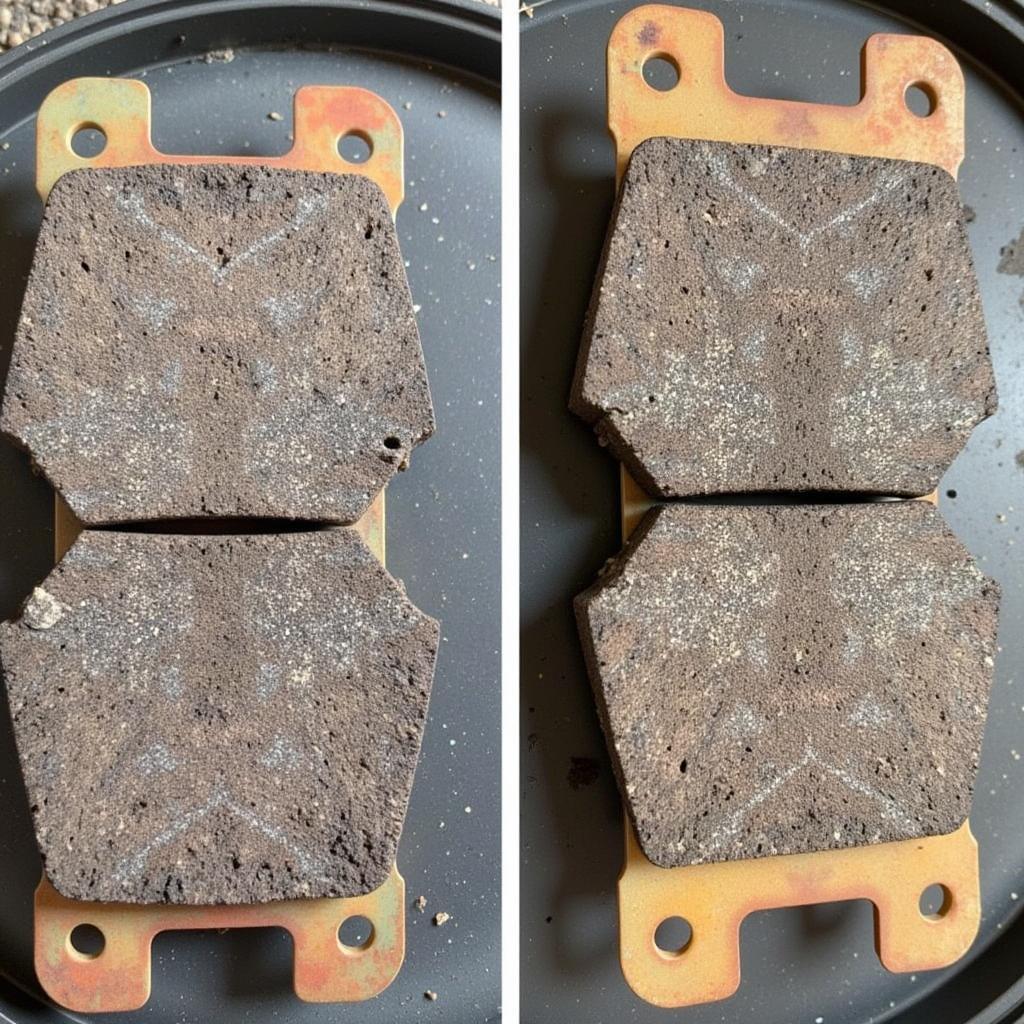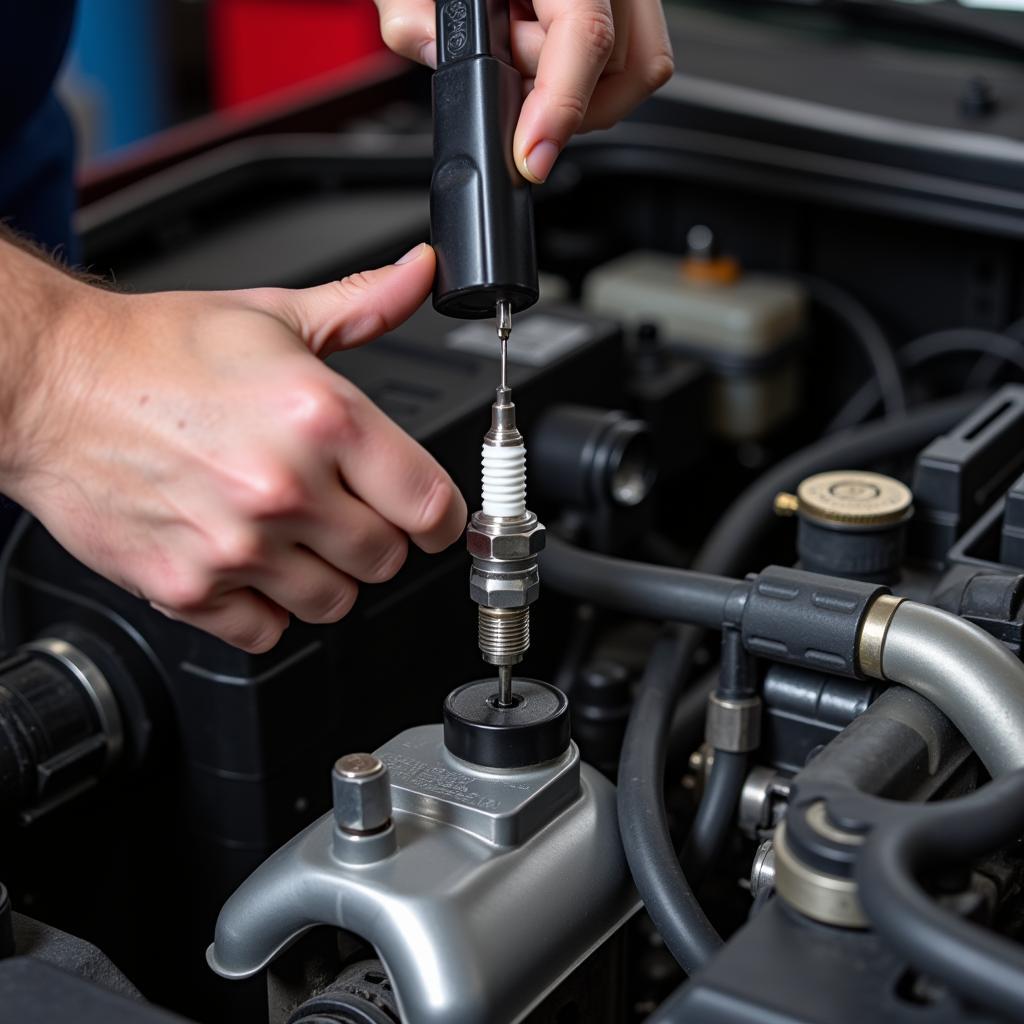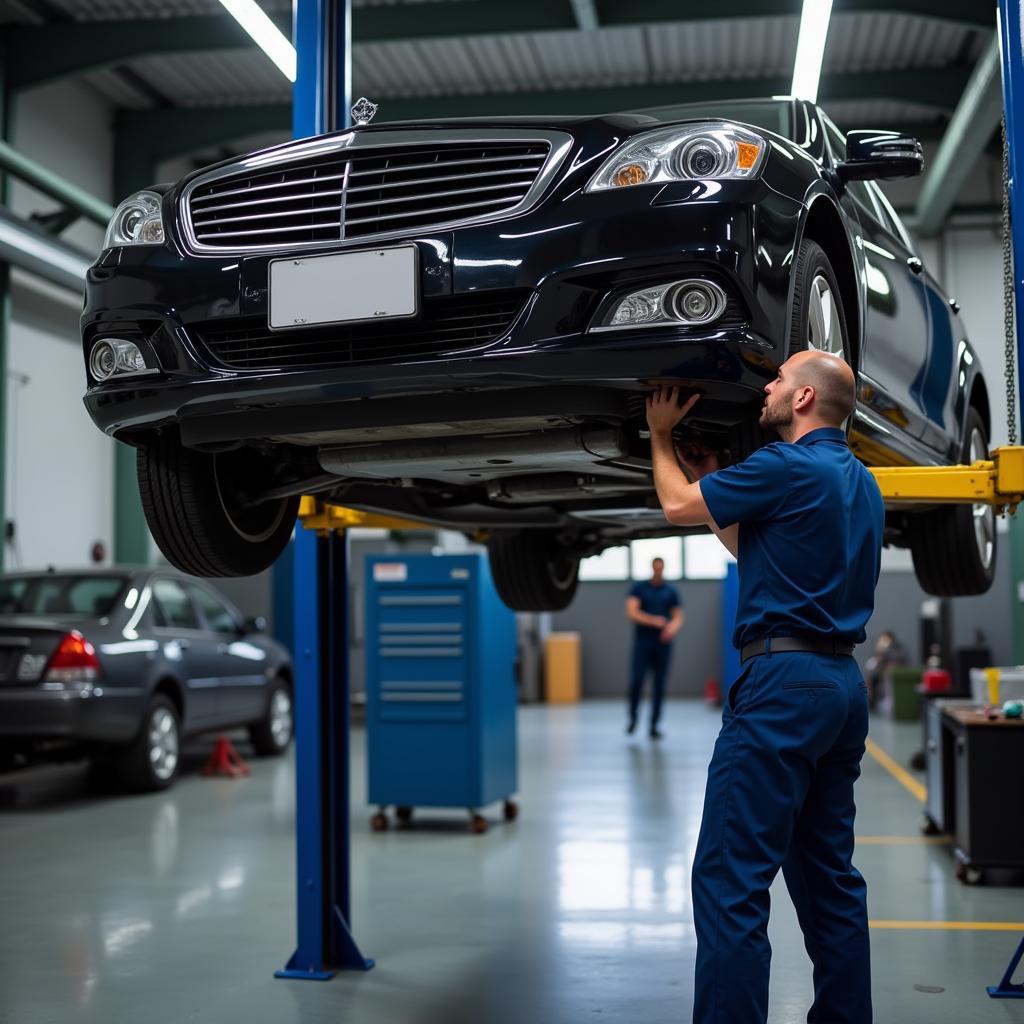Keeping your car in top shape isn’t rocket science. By following a Simple Car Maintenance List, you can prevent major problems, save money, and keep your car running safely and efficiently for years to come.
Essential Car Maintenance Tasks
Here are some of the most important car maintenance tasks you should be doing regularly:
1. Oil Changes
One of the most crucial maintenance tasks for your car is an oil change. Oil lubricates the engine, reducing friction and wear and tear. A fresh oil change will help your engine run smoothly and efficiently.
Frequency: Consult your owner’s manual for specific recommendations, but generally, an oil change is recommended every 3,000 to 5,000 miles.
2. Air Filter
The air filter cleans the air that enters your engine, preventing dirt and debris from damaging the engine. A clogged air filter can restrict airflow and reduce engine performance.
Frequency: Inspect your air filter every 12,000 to 15,000 miles or more often if you drive in dusty or dirty conditions.
3. Tire Pressure
Maintaining proper tire pressure is essential for safe driving and fuel efficiency. Under-inflated tires can lead to increased wear and tear, reduced fuel economy, and a greater risk of blowouts.
Frequency: Check your tire pressure at least once a month and before long road trips. Make sure your tires are inflated to the manufacturer’s recommended pressure, which can be found in your owner’s manual or on the driver’s side doorjamb.
4. Brake Pads and Rotors
Your brakes are crucial for stopping your car safely. Worn brake pads or rotors can cause a decrease in braking performance and make it harder to stop your vehicle.
Frequency: Inspect your brake pads and rotors every 12,000 to 15,000 miles or more often if you hear any squealing or grinding noises while braking.
 Worn brake pads need replacement
Worn brake pads need replacement
5. Coolant
Coolant keeps your engine from overheating by circulating through the cooling system. It helps to regulate the engine’s temperature and prevent damage.
Frequency: Check your coolant level at least once a month. If the level is low, add more coolant to the reservoir.
6. Battery
Your car’s battery provides the power to start the engine. A weak or dead battery can leave you stranded.
Frequency: Have your battery tested every 12 to 24 months to ensure it’s still in good condition.
7. Spark Plugs
Spark plugs ignite the air-fuel mixture in your engine. Worn spark plugs can cause misfires, reduced fuel efficiency, and difficulty starting your car.
Frequency: Consult your owner’s manual for specific recommendations, but generally, spark plugs should be replaced every 30,000 to 100,000 miles.
 Mechanic replacing car spark plug
Mechanic replacing car spark plug
Tips for Car Maintenance
“Maintaining your car is like taking care of your health—it’s much easier to prevent problems than to fix them after they occur,” says Jack Morgan, a seasoned automotive technician with over 20 years of experience.
Here are some additional tips for maintaining your car:
- Keep a Maintenance Log: Document all your car maintenance work, including the date, mileage, and type of service. This will help you keep track of upcoming maintenance needs and make sure your car is always in top shape.
- Use Quality Parts: Always use high-quality parts for your car repairs. Using cheaper parts can lead to premature wear and tear and costly repairs down the road.
- Follow Your Owner’s Manual: Your owner’s manual contains specific recommendations for your vehicle’s maintenance schedule.
- Regularly Inspect Your Fluids: Check your engine oil, coolant, brake fluid, and power steering fluid levels regularly.
Conclusion
By adhering to a simple car maintenance list, you can prevent costly repairs, increase your vehicle’s lifespan, and enjoy a safe and enjoyable driving experience.
If you need professional help with your car maintenance or repairs, contact AutoTipPro today. Our team of experienced mechanics can provide top-notch service and keep your car running smoothly.
Contact Information:
Phone: +1 (641) 206-8880
Office: 500 N St Mary’s St, San Antonio, TX 78205, United States
FAQ
Q: How often should I get my car inspected?
A: It’s generally recommended to have your car inspected annually, or more often if you drive a lot or live in a harsh climate.
Q: What are some signs of a problem with my car?
A: Some common signs include strange noises, leaking fluids, lights on the dashboard, changes in engine performance, and difficulty starting your car.
Q: Should I do all the car maintenance myself?
A: If you’re comfortable with auto repair, you can perform some basic maintenance tasks yourself. But for more complex jobs, it’s best to consult a professional mechanic.
 Car mechanic inspecting vehicle
Car mechanic inspecting vehicle
Q: How can I save money on car maintenance?
A: Following a simple car maintenance list can help you prevent costly repairs in the long run. You can also shop around for competitive pricing from different mechanics.
Q: What’s the best way to dispose of old car parts?
A: Many auto parts stores offer recycling or disposal services for old car parts. Check with your local recycling center or auto parts store for specific instructions.





Leave a Reply